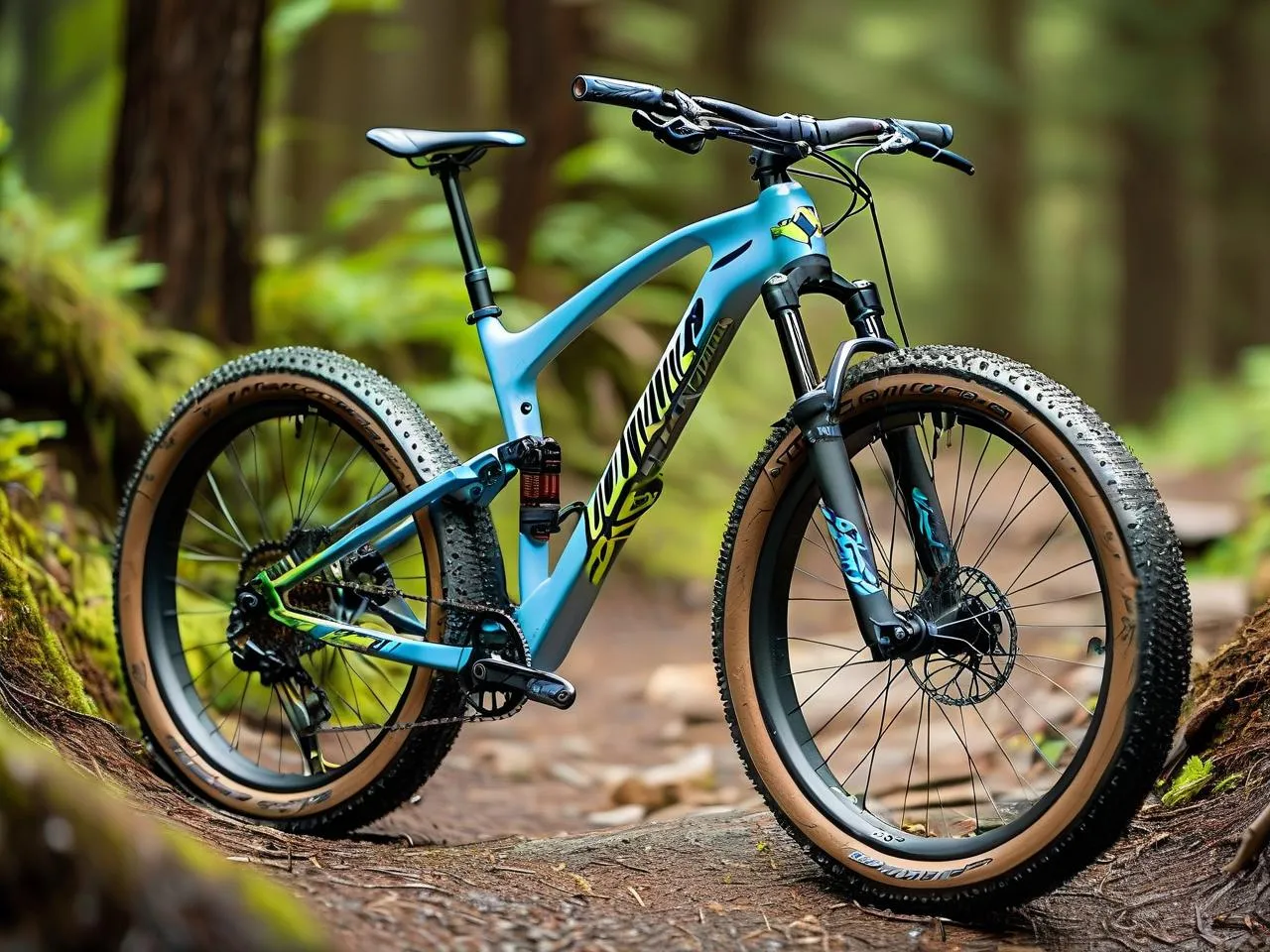Mountain biking demands precision, durability, and a bike that adapts to unpredictable terrain. For riders seeking premium performance, Niner Bikes has carved a reputation as a leader in high-quality mountain and trail bikes. Founded in 2004, the brand’s commitment to innovation—like its signature 29-inch wheels (the “Niner” namesake)—has redefined off-road cycling standards. Whether you’re tackling rocky descents or endurance trails, understanding how to choose the right Niner model could transform your riding experience.
Why Niner Bikes Stand Out in Mountain and Trail Cycling
Niner’s engineering philosophy centers on optimizing geometry and material science for real-world conditions. A 2023 study by BikeRadar highlighted that bikes with longer wheelbases and slack head angles (common in Niner’s designs) improve stability on technical trails. For example, the Niner Jet 9 RDO features a full carbon frame paired with CVA suspension, which minimizes pedal bob while maintaining traction—a key advantage for climbing and descending.
The brand’s proprietary technologies also set it apart:
– CVA Suspension: Reduces energy loss during pedaling, tested to improve efficiency by up to 15% on climbs (Cycling Weekly).
– A.R.T. (Advanced Ride Technology): Optimizes frame stiffness-to-weight ratios for responsive handling.
– 29-Inch Wheels: Proven to roll over obstacles more smoothly than smaller sizes, backed by a Singletracks survey showing 68% of riders prefer 29ers for trail use.
Choosing the Right Niner Bike for Your Riding Style
Niner categorizes its models by discipline, ensuring riders find the ideal match:
1. Cross-Country (XC) Races: Jet 9 and Air 9
Built for speed and efficiency, these bikes prioritize lightweight frames (Jet 9 RDO weighs just 2.3kg) and steep head angles (68-69°). The Air 9 Hardtail suits minimalist riders who value rigidity on fast singletrack.
2. Trail/All-Mountain: Rip 9 and Ripley
With 130-150mm of travel, these models balance climbing agility and downhill control. The Ripley AF (aluminum version) offers a budget-friendly entry point without sacrificing CVA suspension benefits.
3. Enduro/Adventure: RIPMO and eRIP
Designed for aggressive terrain, the RIPMO’s 160mm fork and adjustable geometry chips let riders customize head angles between 64.5° and 65.5°. The eRIP electric-assist model extends range for backcountry exploration.
4. Gravel/Adventure: MCR
Niner’s new MCR (Monocoque Carbon Race) blends drop-bar versatility with mountain bike durability, ideal for bikepacking or mixed-surface rides.
Key Factors to Evaluate Before Buying
Frame Material
- Carbon Fiber: High-end models like Jet 9 RDO maximize strength-to-weight ratios (avg. price: $5,500).
- Aluminum: Affordable options like Ripley AF retain performance at ~$3,000.
Pro Tip: Carbon handles vibration better, but aluminum offers durability for rough trails—consider your budget and terrain.
Wheel Size
While Niner pioneered 29ers, some models now offer mixed-wheel (“mullet”) setups. Test rides are critical here: demo events or local shops (use Niner’s dealer locator) let you compare sizes firsthand.
Suspension Preferences
Full-suspension bikes like the RIPMO excel in technical zones but add weight. Hardtails like the SIR 9 simplify maintenance for riders prioritizing efficiency.
Where to Buy Authentic Niner Bikes
To avoid counterfeit products:
– Purchase directly from Niner’s website or authorized dealers (listed on their site).
– Check warranties: Niner offers lifetime frame guarantees for original owners.
– Consider certified pre-owned bikes via platforms like The Pro’s Closet for discounts up to 40%.
Maintenance Tips to Extend Your Bike’s Lifespan
- Clean Suspension Seals Monthly: Dirt accumulation can degrade CVA performance. Use a bike-specific degreaser.
- Torque Bolts to Spec: Over-tightening carbon components risks cracks—invest in a $25 torque wrench.
- Upgrade Contact Points: Swapping stock grips or saddles (e.g., Ergon SM10) personalizes comfort without major costs.
Real Rider Insights: What the Community Says
A Reddit poll in r/MTB ranked Niner’s customer service #2 among premium brands, citing responsive warranty support. However, some users note that proprietary parts (e.g., CVA linkage) require dealer visits for complex repairs—factor this into long-term ownership costs.
Choosing a Niner bike isn’t just about specs; it’s about aligning engineering with your riding ambitions. By prioritizing frame purpose, suspension needs, and authentic purchasing channels, you’ll invest in a bike that elevates every trail encounter. Still uncertain? Visit local demo days or join forums like MTBR’s Niner thread to hear firsthand experiences from seasoned riders.
